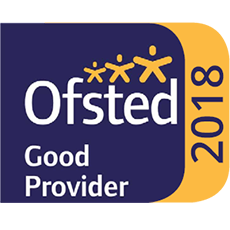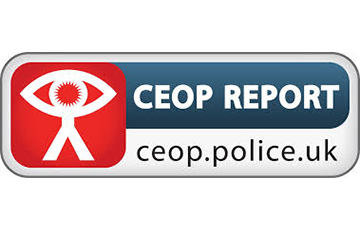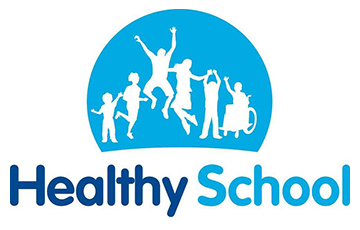School Council

They meet regularly and often run charity fundraising events.
It is the class representatives' jobs to:
- Attend meeting regularly.
- Talk to the children they represent and give their views to the Council.
- Feedback from the Council to the children.
- Make suggestions for change and have ideas to share with the Council.
Our School Council aims to ensure our children have:
- A safe, happy and fair learning environment
- A forum to voice their concerns and act upon them
- A structured opportunity to learn problem-solving skills
- An opportunity to take an active role in the organisation of the school
- An opportunity to experience a democratic process
Our School Council should encourage pupils to develop:
- A sense of ownership over policy and practice
- A consensus over school issues such as behaviour
- A responsibility towards the school community and environment
Our School Council should give pupils the experience of:
- Planning, organising and monitoring small projects
- Speaking and listening skills
- Debating skills
- Mediation and negotiating skills
- Basic budgeting and managing money
Our School Council aims to prepare our pupils for citizenship by teaching them about roles, rights and responsibilities within the school system.
Elections:
Elections will be held every year so that different representatives can put forward their election speeches as well as developing the full potential of the School Council to complete tasks. Two candidates will be elected from each year group (our Reception repesentatives will be elected in the summer term)
There are a number of different drivers for, and potential benefits from, pupil voice, including:
- Children’s Rights, which recognises that children have rights, including the right to have their opinions taken into account in decisions that concern them.
- Active Citizenship, which highlights how pupil voice can contribute to preparation for citizenship by improving pupils’ knowledge and ‘social’ skills and, in doing so, enhance the quality of democracy.
- School Improvement, which recognises that consultation with pupils can lead to better school performance, whether in terms of improved behaviour, engagement or attainment among pupils.
Often the school's management team will consult the School Council for their views on different aspects of school life. We all work together to strive to make Twyning School a place we are all proud to be associated with.
You will now find a School Council Box in every classroom.



